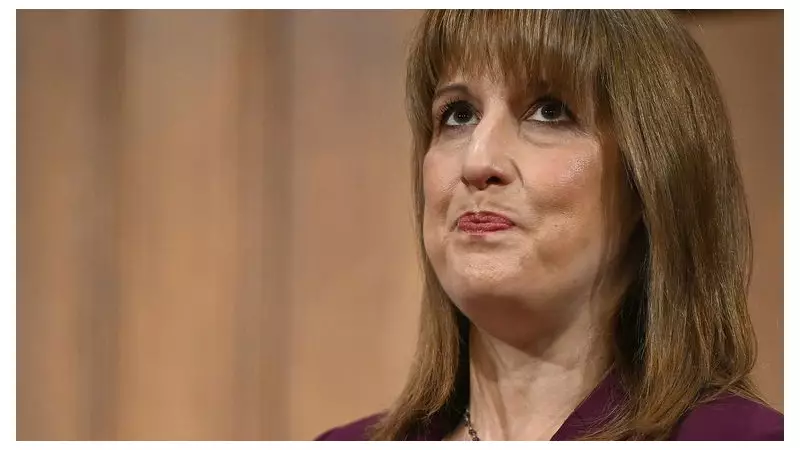
As Rachel Reeves steps into the Treasury as Britain's first female Chancellor, she faces a daunting historical shadow. The parallels with Denis Healey's tumultuous first budget in 1975 are striking enough to give any politician nightmares.
The Ghost of Budgets Past
When Denis Healey stood up in March 1975, Britain was reeling from an oil crisis, soaring inflation, and a Labour government grappling with economic turmoil. Sound familiar? His initial budget proposed tax cuts and spending increases, only to perform a dramatic U-turn months later that would haunt Labour for generations.
Now, nearly fifty years later, Rachel Reeves confronts eerily similar circumstances. The UK economy faces persistent inflation, stagnant growth, and public finances stretched to breaking point after multiple crises.
The Healey Horror Show
Healey's 1975 budget began with ambitious plans to stimulate the economy through tax reductions. But within months, facing intense market pressure and a collapsing pound, he was forced to implement severe spending cuts and austerity measures.
The reversal was so dramatic that it became known as the 'IMF budget' of 1976, when Britain had to seek emergency funding from the International Monetary Fund. The political fallout was catastrophic, damaging Labour's reputation for economic competence for decades.
Reeves' Rocky Road
Rachel Reeves enters office with her own set of ambitious promises, but faces the same harsh economic realities that constrained Healey. Market confidence, inflation pressures, and limited fiscal headroom all threaten to force difficult choices.
"The parallels are genuinely concerning," says Professor Tony Yates, former Bank of England economist. "Like Healey, Reeves inherits an economy where the numbers simply don't add up to support all the manifesto commitments."
Key Challenges Facing the New Chancellor
- Persistently high inflation despite recent declines
- Stagnant economic growth and productivity
- Mounting debt interest payments consuming budget
- Pressure to fund public services without raising taxes
- Market scrutiny of fiscal credibility
Learning from History's Mistakes
The crucial question is whether Reeves can avoid Healey's fate. Modern economic tools and independent Bank of England policy provide some advantages, but the fundamental constraints remain remarkably similar.
One key difference: Reeves has the benefit of historical perspective. She can study exactly where Healey went wrong and adjust her strategy accordingly. The question is whether that will be enough to prevent another budget horror story.
As one Treasury insider noted: "Every new Chancellor thinks they'll be different. The economic reality usually has other ideas."





